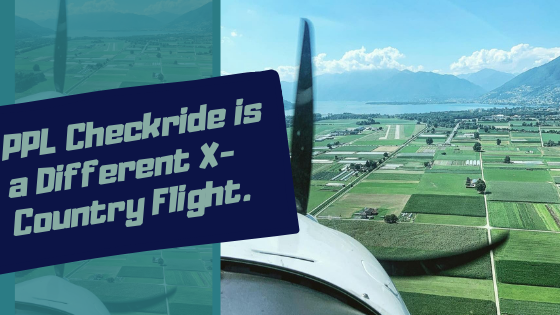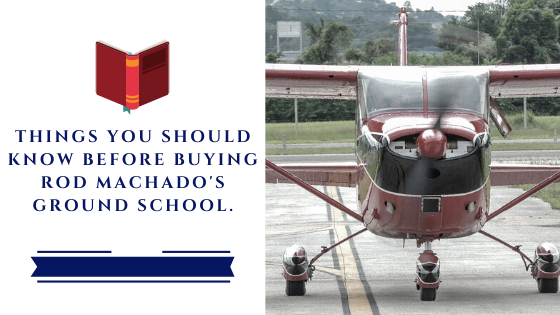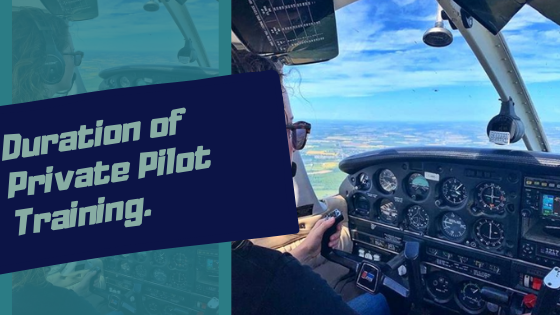Private Pilot Oral Exam Demystified: FAQs by Student Pilots.
A designated flight instructor conducts the private pilot oral exam to obtain a Private Pilot License (PPL). It is a verbal assessment assessing the candidate’s knowledge and understanding of various aircraft flying aspects.
The private pilot oral exam aims to ensure that the candidate has a comprehensive understanding of the aeronautical knowledge required to operate an aircraft safely and responsibly.
The private pilot checkride consists of two parts. The first part is the private pilot oral exam, and the second part is the actual flight test.
Typically on the private pilot oral exam, the designated pilot examiner (DPE) asks scenario-based questions. The DPE may request you to make a flight plan for a cross-country flight and create different scenarios during flight planning to get insights into your aeronautical knowledge.
The oral exam questions may include aviation regulations, aircraft systems, meteorology, navigation, aerodynamics, and, most importantly, emergency procedures and airspace rules.
The purpose of the private pilot oral exam.
Knowledge Verification: It tests the candidate’s knowledge and understanding of aviation concepts, rules, and procedures, ensuring they possess the knowledge needed to make informed decisions while flying.
Safety Awareness: The exam assesses the candidate’s understanding of safety practices, emergency procedures, and decision-making abilities, emphasizing the importance of safety in aviation.
Regulatory Compliance: The exam ensures that the candidate is familiar with and adheres to the relevant aviation regulations, including airspace rules, weather minimums, and licensing requirements.
Flight Planning Skills: It evaluates the candidate’s ability to plan a flight, considering weather conditions, performance limitations, navigation requirements, and airspace restrictions.
Communication Skills: The oral exam assesses the candidate’s ability to communicate effectively with air traffic control and other pilots, emphasizing the importance of clear and concise communication in aviation.
Importance of the Oral Exam in Assessing a Pilot’s Knowledge and Preparedness:
The oral exam is an essential component of assessing a pilot’s knowledge and preparedness for several reasons:
Comprehensive Knowledge Assessment: The oral exam covers various aviation-related topics, including regulations, procedures, weather, navigation, and more.
Practical Application: The oral exam goes beyond rote memorization by testing candidates’ ability to apply their knowledge in realistic scenarios. The examiner may present hypothetical situations or ask the candidate to explain how they would handle specific flight-related challenges.
Safety Emphasis: Aviation safety is paramount, and the oral exam plays a crucial role in assessing a pilot’s understanding of safety practices and procedures. The examiner will ask questions about emergency procedures, risk management, and decision-making in critical situations.
Situational Awareness: The oral exam assesses a pilot’s situational awareness by testing their understanding of weather factors, airspace rules, and navigation procedures.
Why does the oral exam matter compare to other private pilot certification process components?
The pilot certification process typically consists of multiple components, each serving a specific purpose in assessing a candidate’s knowledge, skills, and preparedness. Let’s compare the oral exam with other standard features of the pilot certification process.
Written Exam: While the written exam assesses a candidate’s ability to recall information and understand concepts, the oral exam goes a step further by evaluating their ability to apply that knowledge in practical scenarios and assess their decision-making skills.
Practical Flight Test: While the flight portion evaluates the candidate’s ability to demonstrate specific maneuvers, procedures, and flight operations, the oral exam assesses their knowledge, decision-making, and understanding of broader aviation concepts.
How long is a private pilot oral exam?
Is the private pilot oral exam open book?
What do you need to bring to a private pilot oral exam?
Conclusion.
In summary, the oral exam in the pilot certification process focuses on the candidate’s theoretical knowledge, decision-making abilities, understanding of safety procedures, and regulatory compliance. The oral exam comprehensively evaluates their preparedness to operate an aircraft safely and responsibly.



